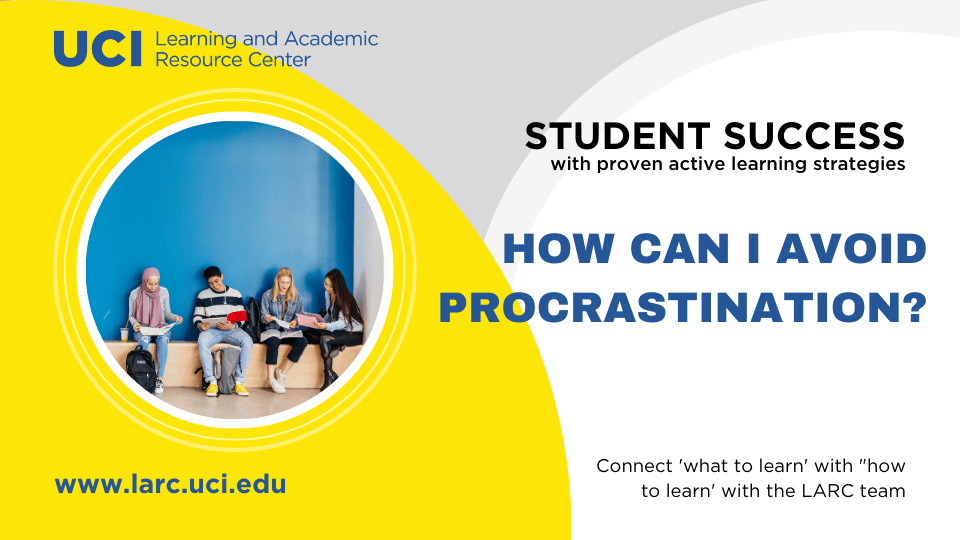Breaking Down Procrastination, Emotional Dependency, and Impostor Syndrome
Breaking Down Procrastination, Emotional Dependency, and Impostor Syndrome
Blog Article
In the modern age, many individuals struggle with mental and emotional challenges that affect their daily lives. Among these, procrastination, emotional dependency, and impostor syndrome are some of the most common challenges. What can you do to break free from these patterns?
This article, we will dive into the causes and solutions these three challenges. By understanding their impact and learning to manage them effectively, you can build a healthier mindset and achieve your goals.
What is Procrastination?
Procrastination is the act of delaying tasks even when you are aware of the consequences. It often stems from fear of failure, lack of motivation, or poor time management.

When procrastination takes over, can be far-reaching. To combat procrastination requires practicing self-discipline and creating actionable plans. Consider techniques like the o'que é procrastinação Pomodoro Technique or focusing on time-bound goals to stay on track.
The Nature of Emotional Dependency
Emotional dependency occurs when an individual relies heavily on others for validation, support, or happiness. While human connection is essential, emotional dependency turns detrimental when it leads to a lack of independence.

Common signs of emotional dependency include a fear of rejection, difficulty making decisions independently, and constant seeking of external approval. Breaking free from this pattern, it’s crucial to build self-confidence and cultivate self-reliance. Therapy, mindfulness practices, and journaling can be helpful tools.
What is Impostor Syndrome?
Impostor syndrome is the persistent belief where individuals doubt their accomplishments despite evident success. Those affected tend to undermine their abilities rather than recognizing their talent and hard work.

Impostor syndrome often results in anxiety, self-doubt, and a fear of being “exposed”. Addressing this issue involves reframing negative thoughts and celebrating accomplishments. Engaging in supportive discussions and setting realistic expectations can support personal growth.
How to Address These Challenges?
Here are some practical steps:
- Develop structured daily plans and set achievable goals.
- Recognize triggers that contribute to your emotional reliance and work towards independence.
- Acknowledge your strengths regularly and seek professional guidance if needed.
Consistency is key, so keep practicing these methods to achieve lasting transformation.
Conclusion: Taking the First Step
These challenges can feel overwhelming, but they are manageable with the right strategies. With awareness and consistent effort, you open the door to personal growth.
Take the first step by recognizing these patterns in your life and implementing small but meaningful changes. Always keep in mind: progress is a journey, not a destination.
Report this page